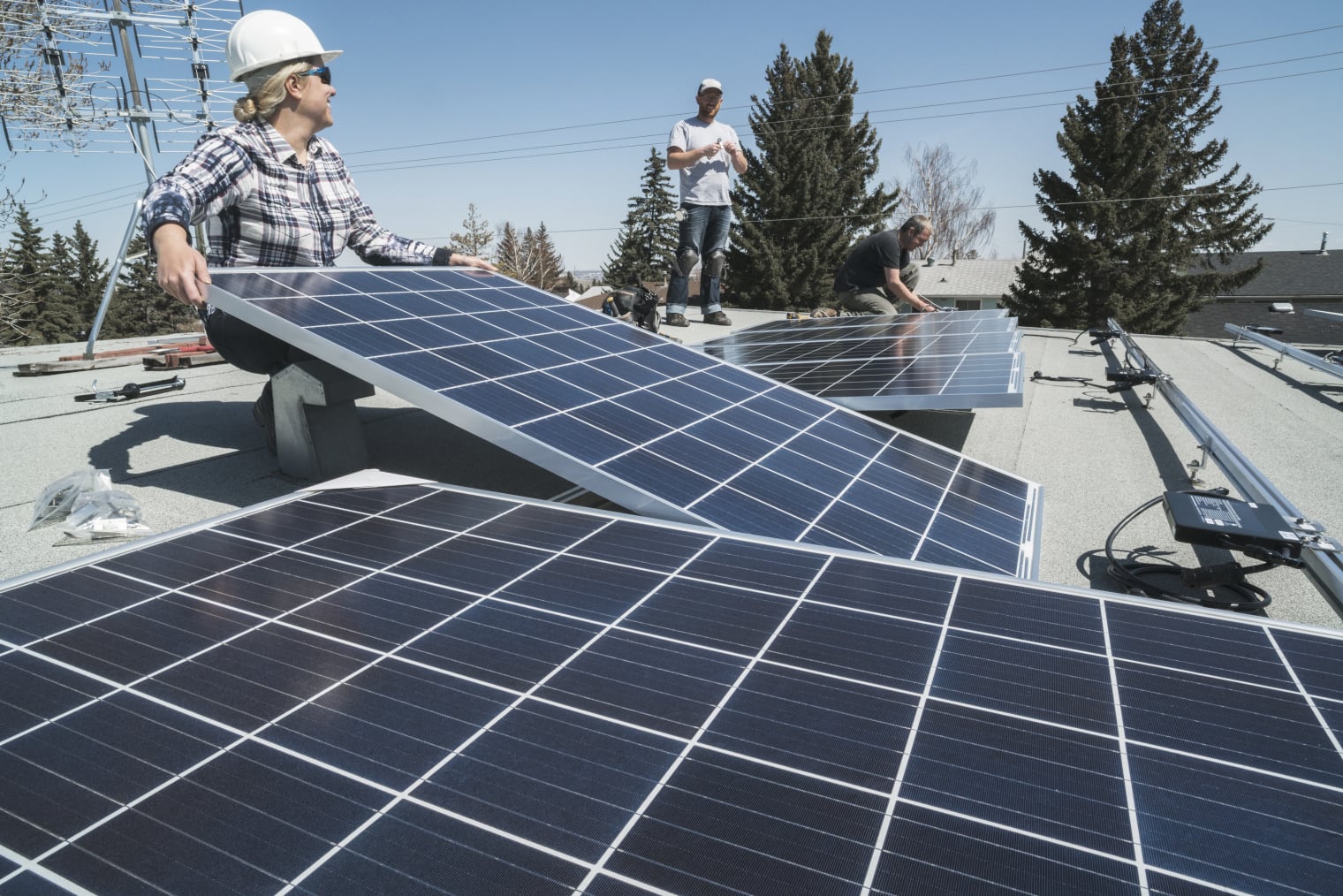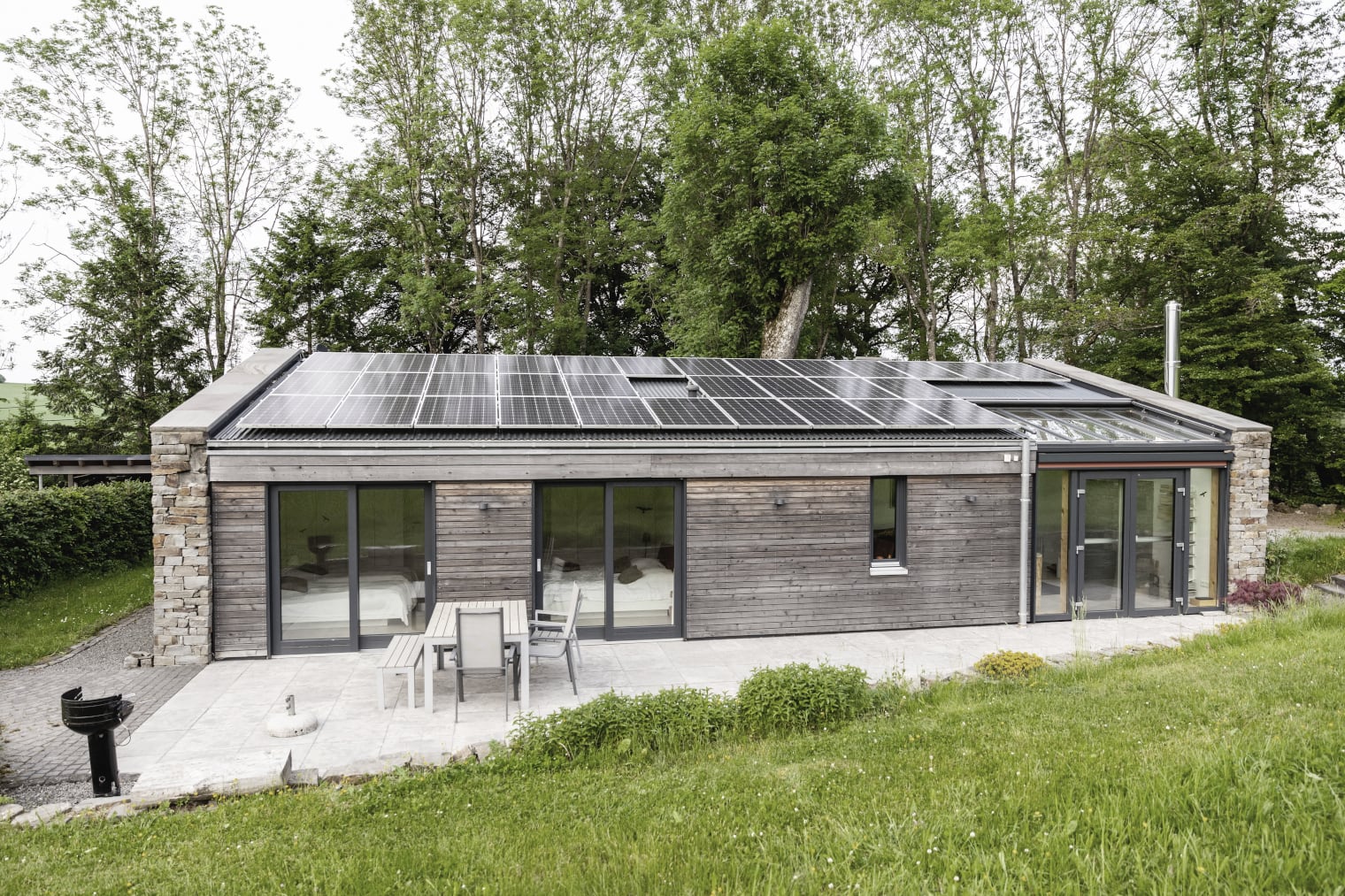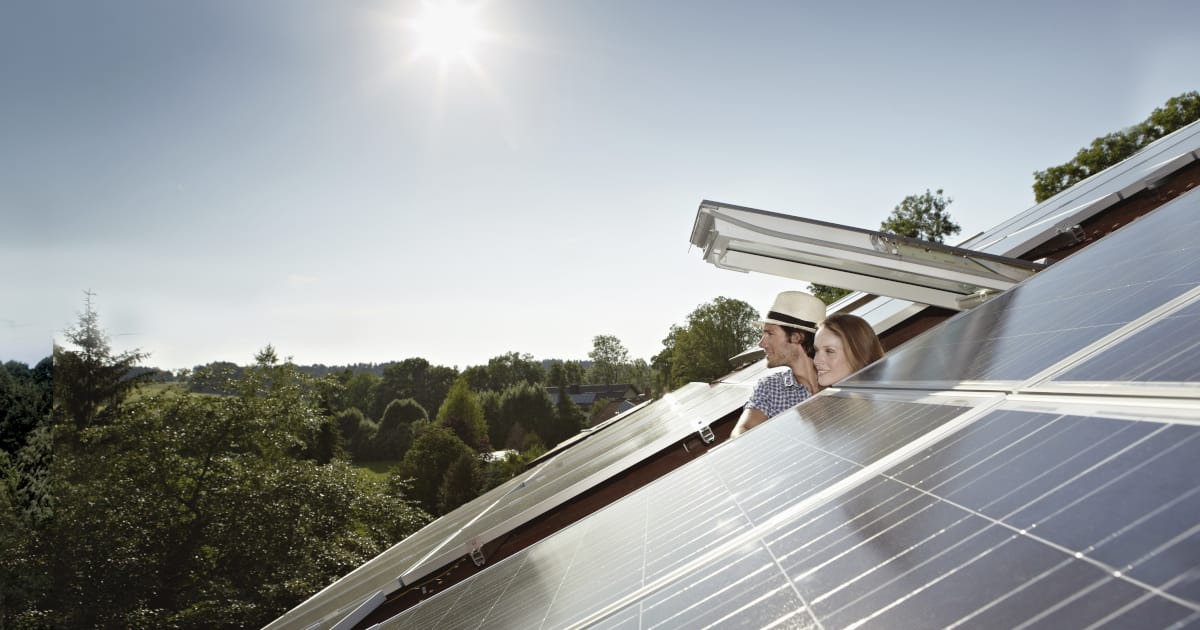Why do we refer specifically to photovoltaic systems and not just solar energy systems? Whereas solar energy systems are designed to generate heat from solar energy, photovoltaic systems actually convert solar energy into electricity. Photovoltaic systems are considerably more versatile as well as more complex. Regarding insurance, there is only one difference between solar energy and photovoltaic systems, which is that for the latter, losses in revenue are also covered.
Which insurance policy applies to your system will depend on the construction phase of your home. If a building is brand new, the photovoltaic system will be part of the construction project and therefore covered by the construction insurance. After construction, damage caused by fire or natural disasters will normally be covered by the mandatory building insuranceYou can also insure your property against other types of damage by taking out additional coverage for “domestic installations” as part of a building insurance policy. In the case of damage to other persons or their property, during the construction phase the contractor’s liability insurance will apply and afterwards building liability insurance.
During a renovation or conversion, damage caused by fire or natural disasters will be covered as part of your existing building insurance. Any other damage that occurs during conversion up to a construction sum of CHF 250,000 is covered under the “Conversion work” clause in the construction insurance policy. In this case, the insurance policy is valid until the construction work is completed. If such additional coverage does not exist, construction insurance can be taken out for the duration of the work.






